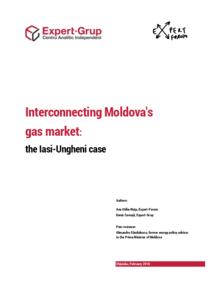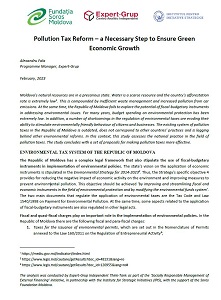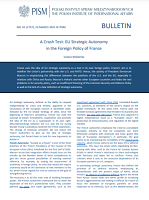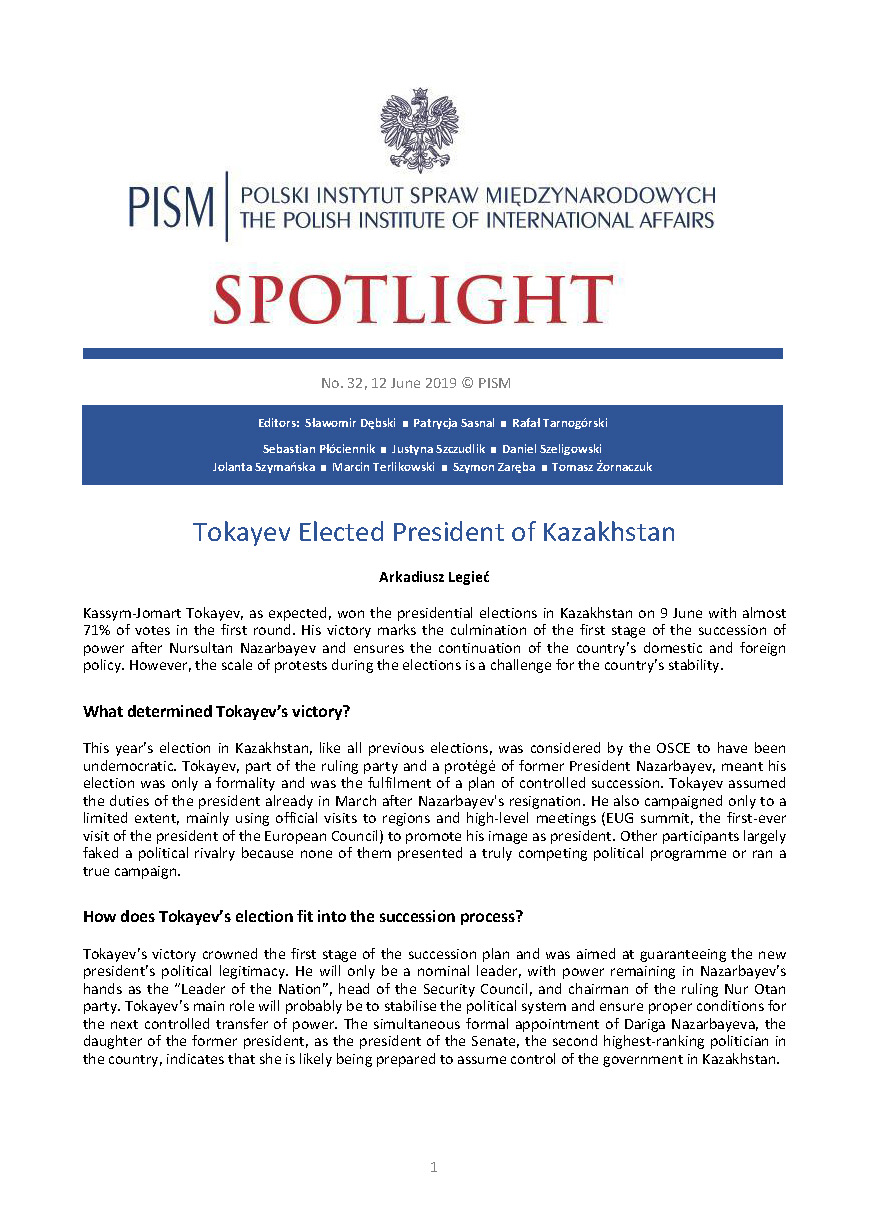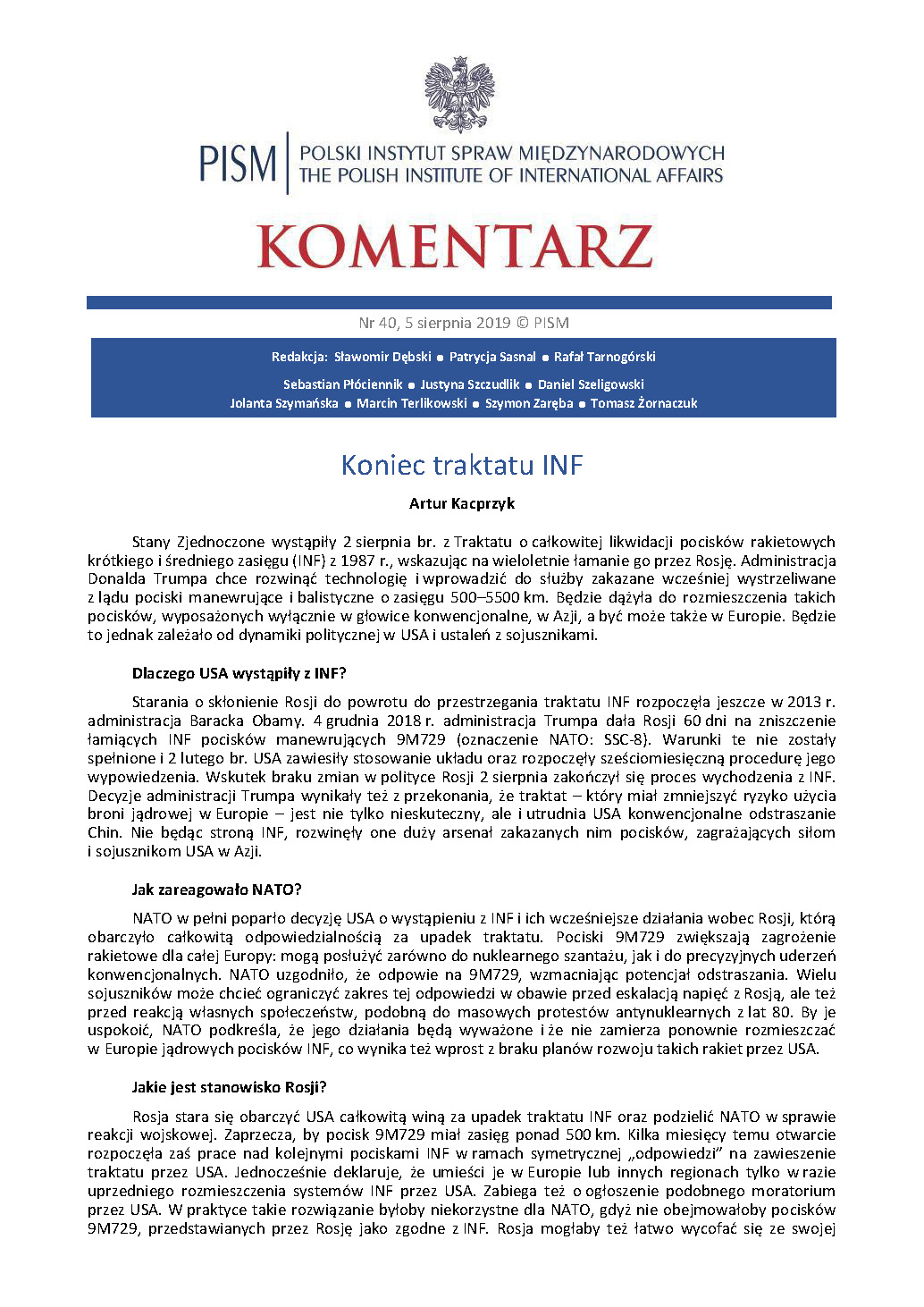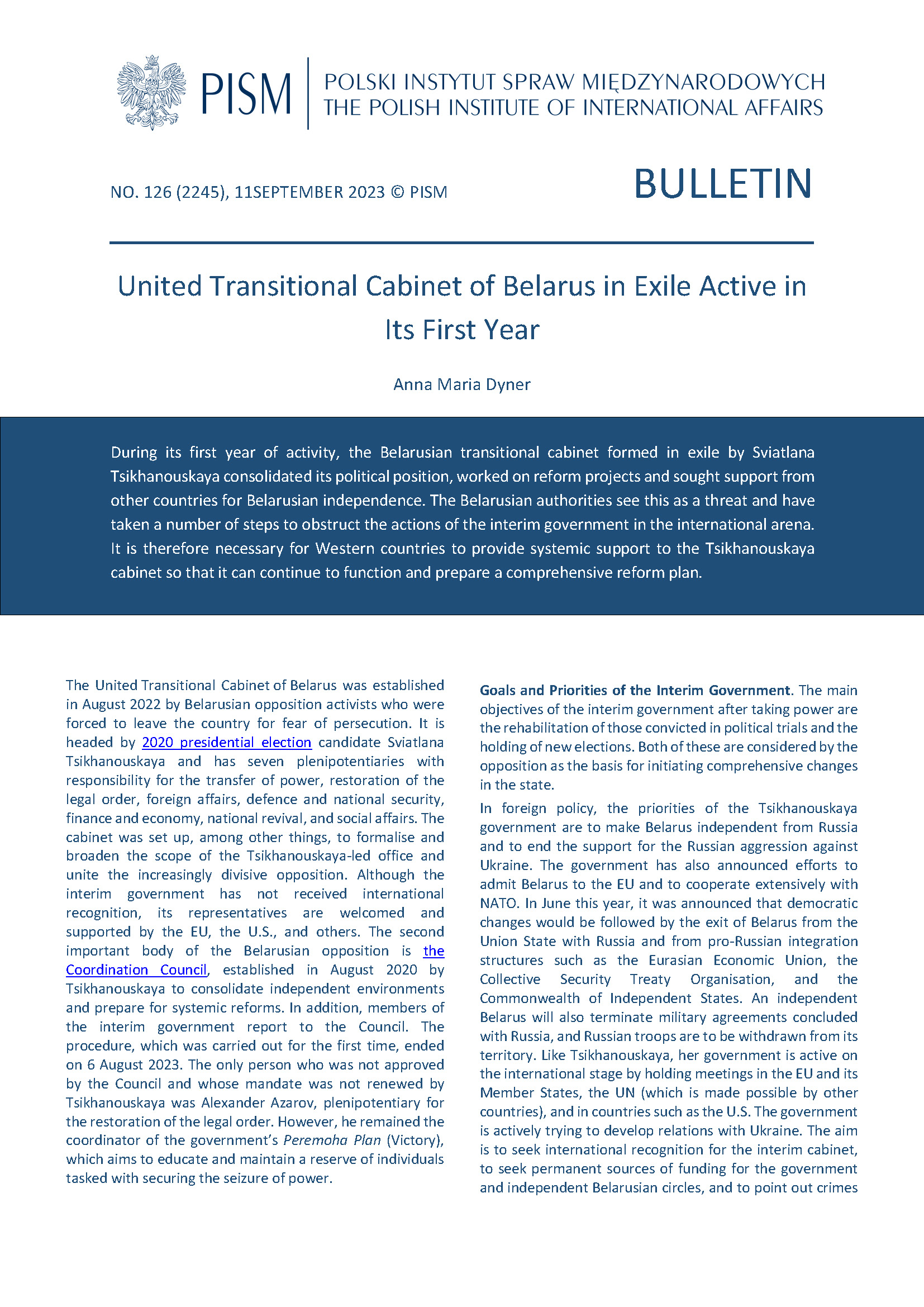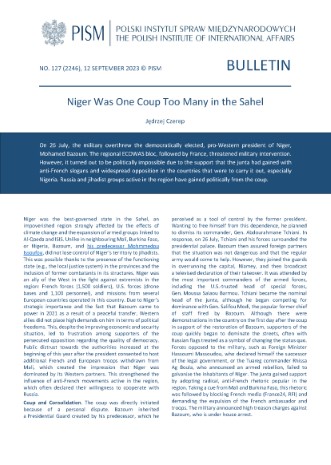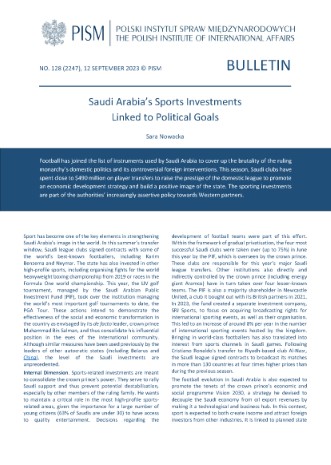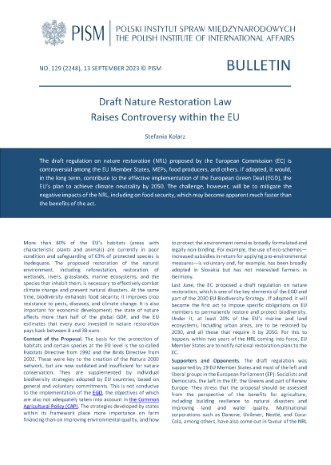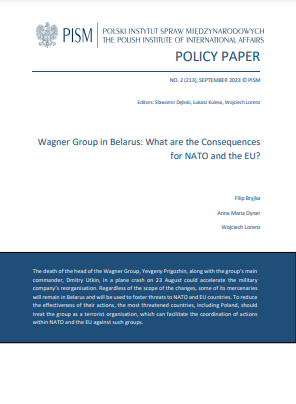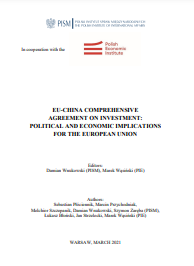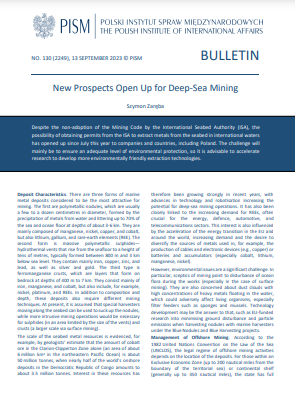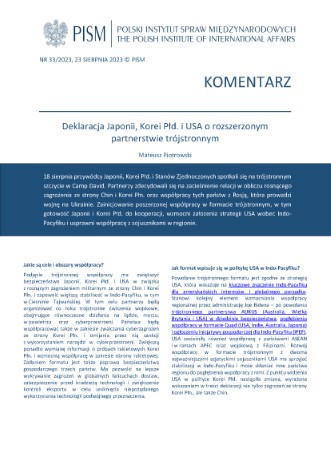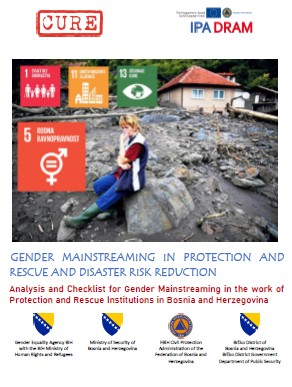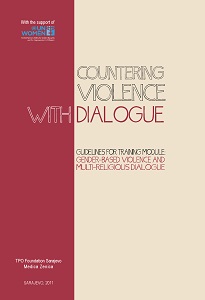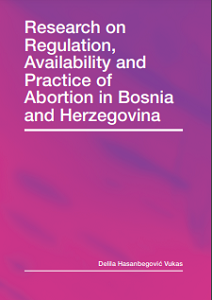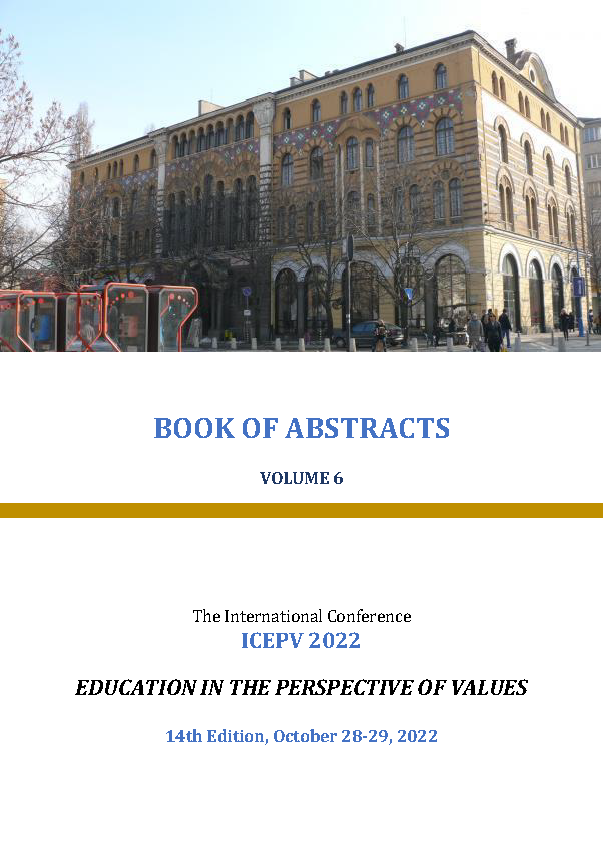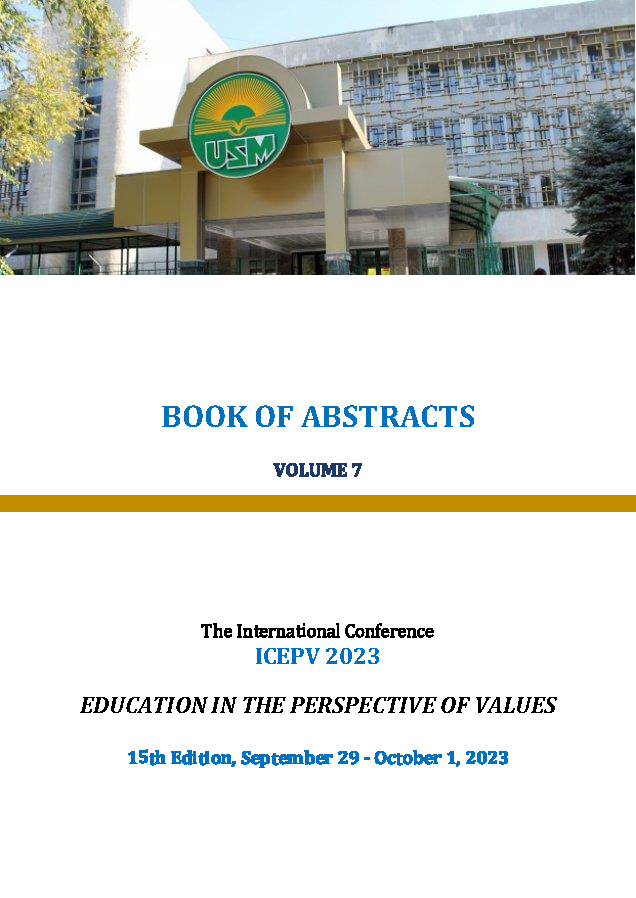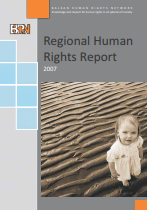
Regional Human Rights Report 2007
Regional Human Rights Report 2007
Keywords: human rights; Albania; BiH; Bulgaria; Macedonia, Montenegro; Serbia; 2007; discrimination; law; policy;
This is the third successive year in which the Balkan Human Rights Network (BHRN) prepared and published a unified report on the state of human rights in the region. All texts in this publication were prepared by authors who in each of the respective societies in the region have been consistently and persistently observing and analysing the state of human rights. They are esteemed theoreticians and activists in the field of human rights. It seems that this year the preparation and publishing of the report unfolded more smoothly and more efficiently. Among others, this is no doubt attributable also to the experience gained in previous similar activities. However, whether or not the state of human rights in countries covered by this report has also improved, and did their protection become more efficient, is for the readers to decide. We present you here just a short survey of themes contained in the presented national reports, with no intention to offer "binding instructions". Albania. - The report on the state of human rights in Albania is starting with a common judgment that, generally speaking, the government is respecting the human rights of its citizens. Nevertheless, it is noted that many institutions within the public administration are not sufficiently aware of their obligations regarding respect and protection of human rights. The authors claim that corruption, poverty, non-transparent procedures and an insufficiently developed independence of the judiciary represent major challenges facing the Albanian society. It is stressed that there is still a significant number of complaints regarding the conduct of the police, although there is certain progress in the field of procedural and substantive guaranties for a ban on abuse. Widespread child labour and exploitation of children are yet another problem noted in 2007. There was progress regarding protection of the right to education, but there are still relatively frequent examples in which this right was breached, particularly in cases of discrimination. The authors also conclude that for the time being the ombudsman remains the only institution directly assigned to promote and enhance the state of human rights. Bosnia and Herzegovina. - Authors of the report on the state of human rights in Bosnia-Herzegovina are stressing in this edition, too, the specific features of this state's constitutional arrangements and their influence upon the realization and violation of certain guaranteed rights and freedoms. The report is specifically pointing at the fact that, despite being very frequently an issue in all political and legal discussions in Bosnia-Herzegovina, the realization of the right to education and equal treatment within it has not yet produced adequate legal and substantive results. As regards access to law and justice, the report presents a survey of legal provisions and the real scope of the work of institutions dealing with the protection of human rights: the institution of the ombudsman and constitutional courts. Finally, the report paid special attention to the legal and physical situation of the discriminated and endangered groups, particularly disabled persons. Analyzed are the most important aspects of the situation related to members of this population regarding the realization of the right to work, the right to education, the right to adequate health care, social security and access to objects. Bulgaria. - The Bulgarian report starts from the fact that the year under review is also the first year of this country's full membership in the European Union. Mentioned are the basic challenges, which are important both for satisfying EU's standards and for adequate and efficient guarantees related to the respect of human rights. Among these issues particularly important are those related to suppression of corruption and of organized crime, the independence of the judiciary and the efficiency of state administration. The authors of the report hold the view that certain positive developments were achieved regarding demands for respect of provisions on equal pay for equal work, the realization of the right to go on strike in certain state institutions and sectors, and the increase of civil activism regarding environmental protection - the Ombudsman and the Commission for Protection from Discrimination. Macedonia. - According to the authors of the Macedonian report, the authorities in this state are generally respecting human rights, and the most important problems are the misuse of police competences, widespread corruption, trafficking in human beings and discrimination of ethnic minorities. In the last year Macedonia has made progress in fulfilling (political) the necessary criteria for associating with the European Union, and has entered a period of consolidation of institutions in the transition process. In 2007 there was a negligible decrease in complaints regarding violation of civil and political rights, particularly those allegedly performed by the police. On the other hand, the number of complaints regarding violation of the right to education is somewhat bigger than before, and mainly related to violation of certain rights in higher education. The report gives a detailed survey of the functioning of institutions which protect human rights, and presents the situation regarding the right to work of members of marginalized groups. Montenegro. - For the context in which human rights are implemented in Montenegro of substantial importance is the fact that during 2007 this state acquired full membership in the Council of Europe, and that in the same year the state signed the Stabilization and Association Agreement, and also got a new Constitution which implies full capacity of institutions of an independent state. However, the authors point out that the negative consequences of previous armed conflicts, and of the policies and legal instabilities which for many years were present in Montenegro, can still be felt and were not fully removed. Reminding of conclusions of institutions which follow the reform processes in Montenegro, it is stressed that major concerns are caused by a lack of genuine and efficient reform of the judiciary, by the fact that there are no efficient mechanisms for suppressing discrimination (particularly of Romas and displaced persons) and no punishment of torture, by inadequate protection of the right of access to information of public importance and by failures related to guarantees and the realization of the right of children. Serbia. - The state of human rights in Serbia were strongly influenced and frequently overshadowed by the turbulent political events. The National Assembly was inactive from October 2006 until mid-May 2007 which led to delays in the adoption of laws - the Assembly adopted only 70 or so laws by the end of 2007. Only about 20 of them were totally new and nearly all of them were merely fulfilling the formal obligations laid down in the Constitutional Act on the Implementation of the Constitution. The main problems hindering the effective enjoyment of this right lie in the absence of oversight over the implementation of the Act and in mere misdemeanour penalties for its violation. Tolerance of discrimination in practice is above all reflected in inefficient investigation, prosecution and punishment of its perpatrators and in the lack of systematic and comprehensive legislation.
More...
